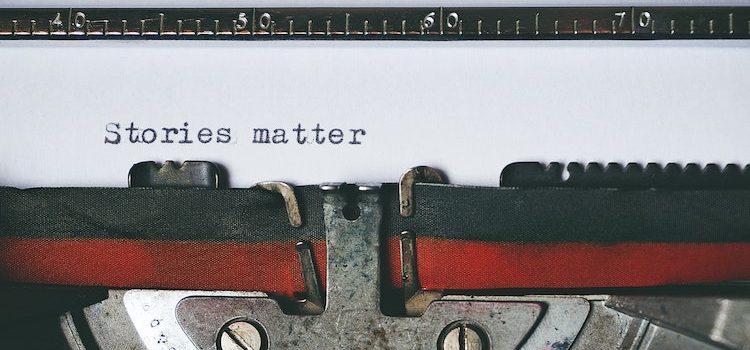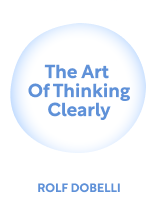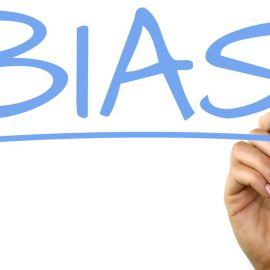

This article is an excerpt from the Shortform book guide to "The Art of Thinking Clearly" by Rolf Dobelli. Shortform has the world's best summaries and analyses of books you should be reading.
Like this article? Sign up for a free trial here .
What is story bias? Why do people remember stories better than facts?
Story bias is the tendency to interpret information as part of a story even though the facts don’t actually support the narrative. Stories are easier to remember than other types of information, which is why we rely on them instead of facts.
Keep reading to learn about story bias, why it happens, and how to overcome it.
Story Bias
People prefer entertaining fiction to boring facts. Sometimes, this means following an interesting, story-based tangent while ignoring the central, factual issue; other times, it means incorrectly assigning a story and meaning to random events.
(Shortform note: Why do we do this? Possibly because stories activate your brain’s sensory processing center. When your sensory center activates, it gives you a shot of oxytocin, which generates positive feelings of compassion, empathy, and trust. Meanwhile, facts activate the data processing center, which doesn’t provide this boost in positive feelings.)
How can you overcome story bias? Dobelli suggests picking stories apart rather than blindly consuming and accepting them: Consider the story-teller’s intentions and what they might be hiding. (Shortform note: In addition, be cautious about what kind of stories you consume. The stronger and more convenient the narrative, the more suspicious you should be of it, because strong narratives can distract from logical gaps in a person’s statement.)

———End of Preview———
Like what you just read? Read the rest of the world's best book summary and analysis of Rolf Dobelli's "The Art of Thinking Clearly" at Shortform .
Here's what you'll find in our full The Art of Thinking Clearly summary :
- A detailed look at the most common logical fallacies that inhibit decision-making
- How to recognize and overcome these fallacies to make better decisions
- Why you value things for arbitrary reasons






